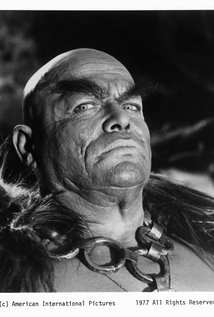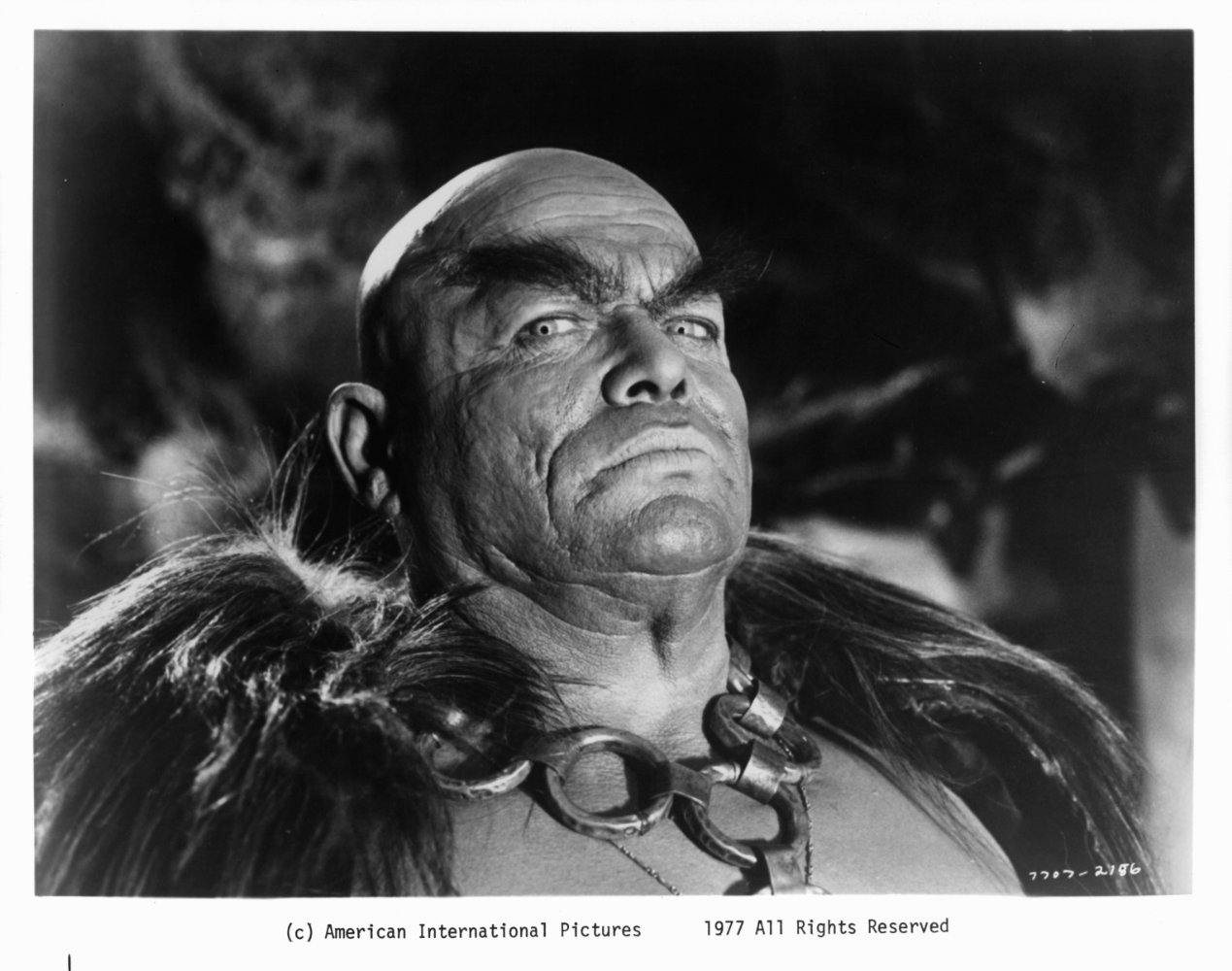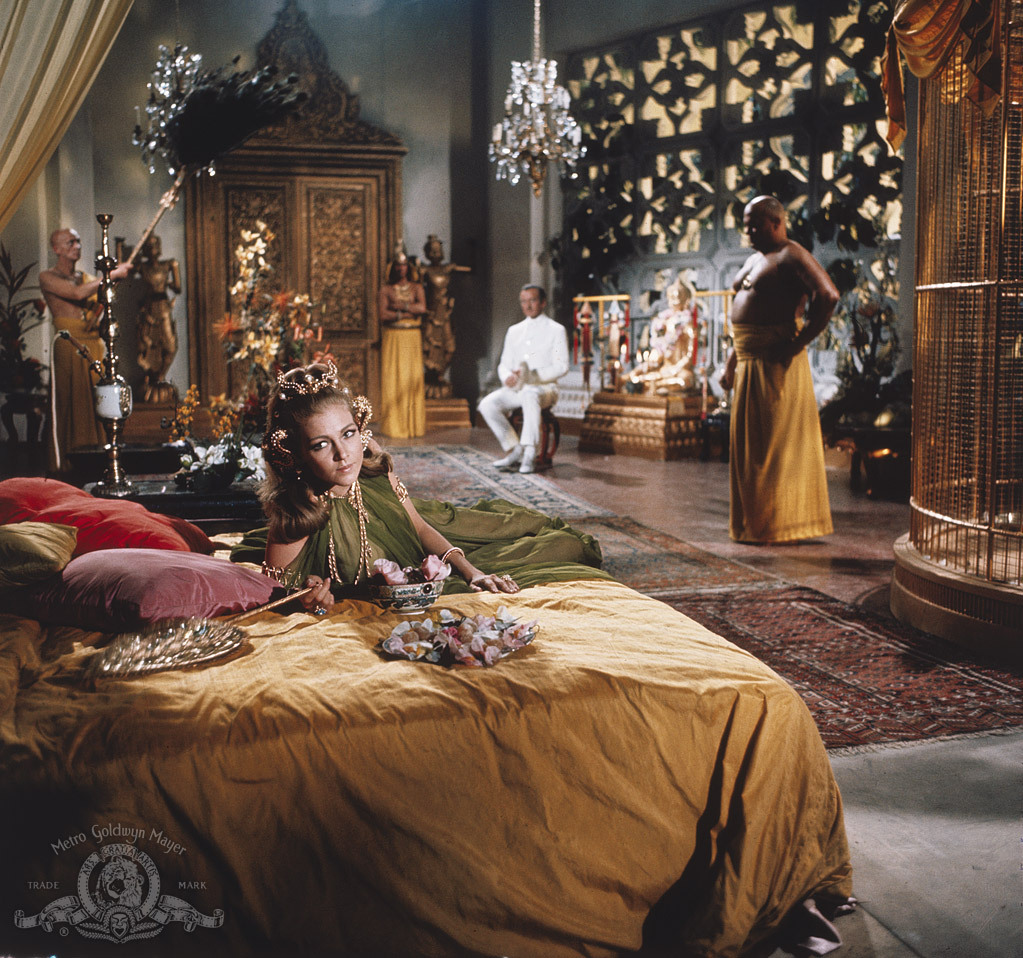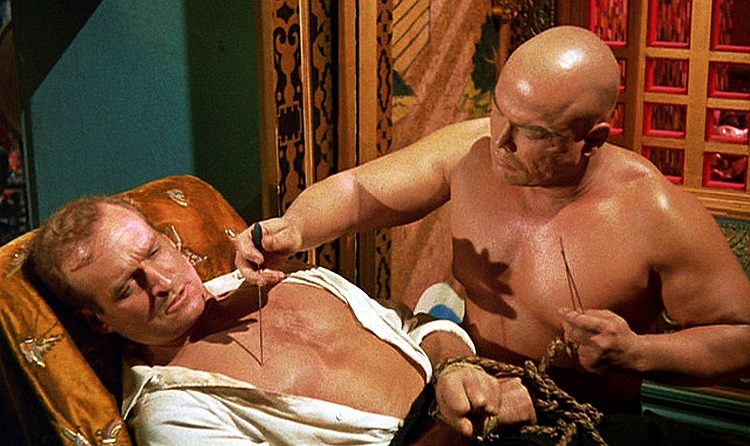Although he liked to sign his autographs, perhaps jokingly, "Milton Gaylord Reid" his real name was Milton Rutherford Reid and he was born in Bombay on 29 April 1917. His father Edgar William Reid was a Scottish-born Customs and Excise inspector who had married an Indian lady. Milton moved to London in 1936, settling in Shepherd's Bu...
Show more »
Although he liked to sign his autographs, perhaps jokingly, "Milton Gaylord Reid" his real name was Milton Rutherford Reid and he was born in Bombay on 29 April 1917. His father Edgar William Reid was a Scottish-born Customs and Excise inspector who had married an Indian lady. Milton moved to London in 1936, settling in Shepherd's Bush, and during his early career worked as a commercial traveller.In 1939 he married fashion artist Bertha Lilian Guyett (a marriage that lasted over 40 years), before war service as a cavalry trooper with the 22nd Dragoons. It was during this period that he first appeared on film, in the army propaganda feature The Way Ahead (1944). After the war he trained as a wrestler, turning professional in 1952, firstly as a Tarzan-like character called Jungle Boy wearing leopard skin trunks. He also continued to play small parts in films, usually as a tough guy or bodyguard, often as a cruel henchman such as the Japanese executioner in The Camp on Blood Island (1958).His breakthrough came in 1959 when he was required to shave his head for the role of Yen the pirate in Ferry to Hong Kong (1959). He remained shaven-headed for the rest of his career, also changing his wrestling image to that of The Mighty Chang, an oriental giant. On stage he played in pantomime at the London Palladium as the Slave of the Lamp, and in the Italian epics he usually played exotic roles or menacing villains in adventures like Le meraviglie di Aladino (1961) (The Wonders of Aladdin) and Gli invincibili dieci gladiatori (1964) (Spartacus and the Ten Gladiators) in which he had a memorable fight to the death with Dan Vadis. However, most people remember Milton Reid as the bodyguard sorting out pretty girls for his boss in a long-running pipe tobacco commercial. In 1964 Milton challenged The Great Togo (a.k.a. Harold Sakata) to a wrestling contest to decide who would play the coveted role of Odd-Job in Goldfinger (1964). Unfortunately, Milton had already been killed off as a henchman in the first Bond movie Dr. No (1962), so the producers were forced to pick Sakata and the "eliminator contest" wasn't needed, although Milton did land the part of Sandor in a later Bond adventure, The Spy Who Loved Me (1977).Although he became a popular and familiar character actor in dozens of films and television shows, the work did not produce immense wealth and in 1965 Milton found himself in court for non-payment of a £52 car repair bill, incurred when he was in Rome shooting spy movie Agente Z 55 missione disperata (1965). The kindly judge, however, ordered the debt to be repaid at ten shillings (50 pence) per month, even inviting Milton to come back and see him again if he was in any difficulty!Having retired from wresting and with film parts becoming fewer, Milton decided to try his luck in "Bollywood" and in 1980 returned to India. However, various problems arose and in 1981 he was arrested by Indian police for "trespassing, damaging furniture and disconnecting a telephone." The trouble started when he visited his mother and sister in Bangalore, and there was a dispute with tenants at his sister's bungalow. Police also complained of violence and abuse when they tried to detain him, and there were accusations of a manservant being assaulted.The following year Milton was stated by some reference works to have died from a heart attack, but that was incorrect. The actor's son (same name) was still receiving correspondence sent by his father from Bangalore up to December 1986. Significantly, nothing was heard after that date, and the present assumption is that Milton Reid died in obscurity somewhere in India during the early part of 1987, although no death certificate or confirmation has been received by the family. Sadly, Bertha died in England in 1997, at the age of 90, still not knowing what had become of her husband. However, research continues.Special thanks to Milton Reid (junior) for his kind help in the preparation of this biography.
Show less «






